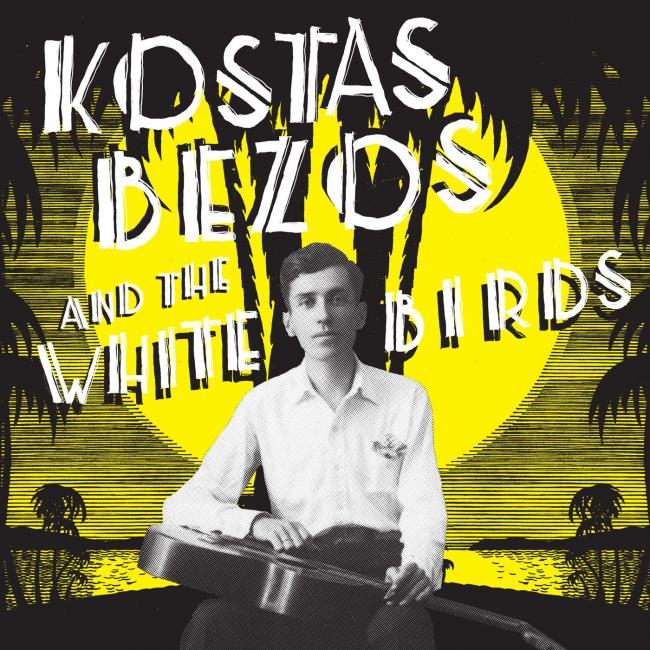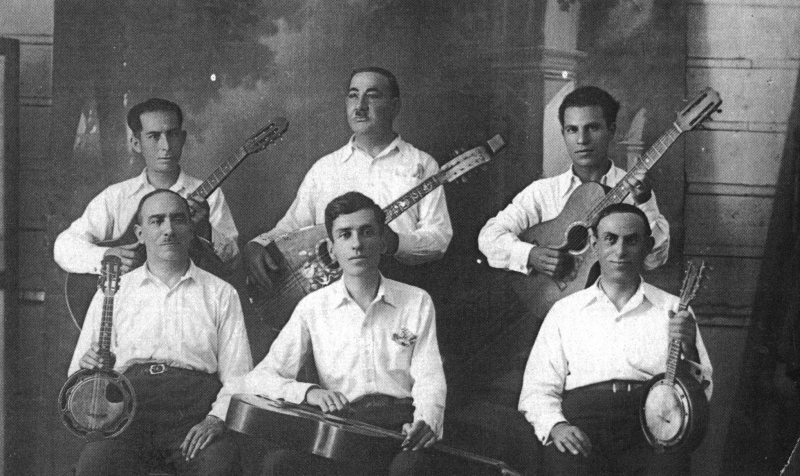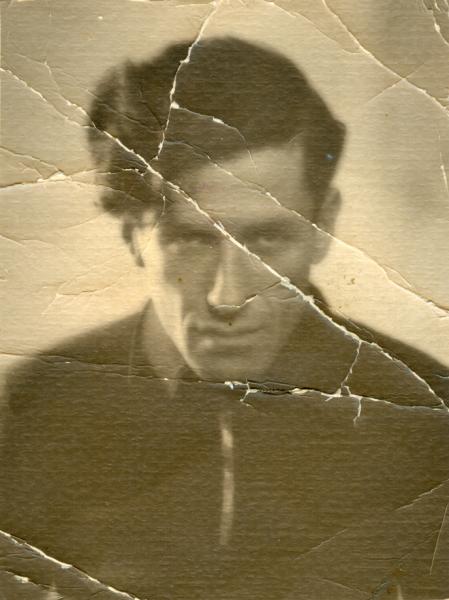Rolling Stone magazine includes his old recordings in its list of ‘15 Great Albums You Probably Didn’t Hear in 2017’

You can always count on music elitists to unearth a genre or an artist to proclaim as "true" and "authentic", instead of the mass-produced, mass-marketed pulp of music dominating the airwaves (or bandwidth); A few years ago, for example, the world discovered Ethiopian Jazz (and the genius of Mulatu Astatke), through Jim Jarmusch's wonderful soundtrack for 'Broken Flowers'. Now, it seems it's time for Greek 'hawaiias' and Kostas Bezos. If it's the first time you've heard of his name, it's normal. Even in Greece, Bezos' name is nothing more than an obscure footnote in the history of popular and folk music, despite the fact that in his heyday, he was one of the staples of the Athenian nightlife.

Born in 1905, Bezos was a journalist and cartoonist for Athens newspapers, but he was also moonlighting as a singer and guitarist in taverns and nightclubs. His claim to fame came with his band, White Birds, a lounge act playing 'hawaiias', i.e. havaiian-flavoured easy listening songs, a popular sub-genre in mid-war Athens. Dressed in white, the band was very successful at the time, though they never became as established as the 'hawaiian' orchestras of Joseph Korinthiou, hence their slide to oblivion.
These decades of obscurity lasted until 2017, when Portland, Oregon - based Olvido Records reissued a collection of the 32 songs that Bezos and the White Birds put out in 78rpm records, introducing the sound of 'hawaiias' to a new generation of listeners, the vinyl-obsessed crowd of music hipsters.
"This collection of 78s simultaneously embodies local charm and international sophistication," writes music critic Richard Gehr in a recent Rolling Stone article headlined '15 Great Albums You Probably Didn't Hear in 2017'. Praising Bezos' "giddy, animated spirit" which "reflected a crazy world in flux" the critic introduces the genre to the readership of the perennial rock bible: "Bezos combined Hawaiian acoustic instruments and Greek song, and then spiced everything up with his zingy add-ons (such as replacing Hawaiian falsetto vocals with Alpine yodeling) and clever political satire".

One of these songs, 'Let's go to Honolulu', came to the foreground recently, as it was heard in the latest iPhone ad, filmed in rural Greece.
So, more than seven decades after their prime, 'hawaiias' became the 'obscure genre du jour'. A novelty genre during the 1930s, 'Hawaiias' were played with Hawaiian steel guitars and ukuleles, offering a 'modern', exotic update on the 'European' style of song that the middle class enjoyed. The working class, though, mostly migrants who came to Athens from other parts of the country, or Asia Minor refugees, were listening to either the traditional folk music of their village, or to the emerging sound of rebetiko, crafted in dodgy dives and hash dens around the port of Piraeus and the poor neighbourhoods.
And this is what makes Bezos stand out among his peers, because he was one of the very few, if not the only musician to delve into both genres. Under the moniker A. Kostis, he recorded a handful of rebetika, some of which self-penned, that remain among the finest examples of the genre - even more so, since they are performed as guitar duets, without the traditional bouzouki sound. Rebetiko scholars have long been baffled by these recordings and the discovery of Kostis' true identity had become a kind of 'holy grail' for the community. The mystery was solved by two amateur researchers, Gordon Ashworth and Tony Klein. As for these recordings, they were also compiled by Olvido Records in the album 'The Jail's a Fine School'.
Bezos died of tuberculosis in 1943, during the German occupation. He was 37 years old.
Listen to Τ’Άσπρα Πουλιά στα βουνα / (The White Birds In The Mountains):
Courtesy of Neos Kosmos



